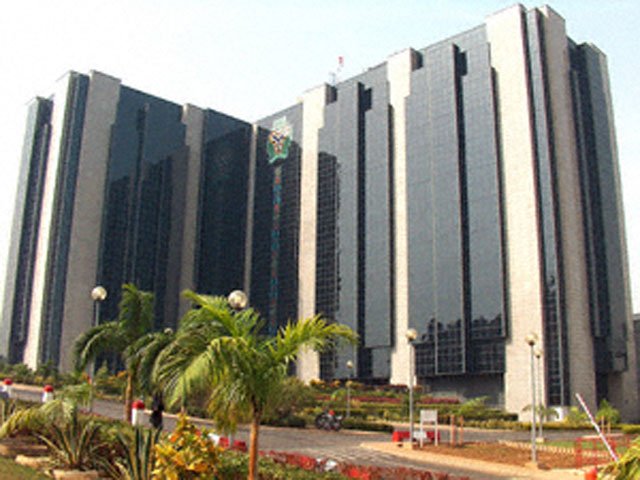Reactions have continued to greet the decision by the Central Bank of Nigeria (CBN) Monetary Policy Committee (MPC) on Tuesday by majority vote of the 11 members to cut the benchmark Monetary Policy Rate (MPR) by 50 basis points to 13.5%.
Analysts who spoke to Bloomberg see the cut resulting in reduced foreign exchange flows, thereby piling pressure on the Naira in the coming months, even as some others believe it is a parting gift by CBN Governor, Godwin Emefiele to the economy as he completes his term early June.
For Michael Famoroti, an economist and partner at Stears Business, a Lagos-based research and analytics firm, the cut could bring some pressure to bear on the naira.
“We are likely to see lower foreign inflows,” he said by phone. “In terms of the transmission of the 50 basis-point reduction, it is not going to have a significant effect on the economy.”
It is unlikely that Tuesday’s easing was due to pressure from the government, according to Robert Omotunde, an analyst at Afrinvest West Africa Limited, because “if it was political pressure, I would have expected a much more drastic cut.
“We do not rule out that it might be the CBN governor’s parting gift for the market as we think this may be his last MPC meeting,” he added.
Bloomberg’s economist agrees that there are “risks to the naira from a weakening balance of payments. We now expect another 50 basis points in policy rate reductions this year, but the MPC may shift again if pressure on the peg to the dollar intensifies or inflation surprises.”
“This came as a big surprise, and it suggests policymakers have made a clear decision to ignore their own inflation targets and to focus on providing monetary stimulus,” John Ashbourne, senior emerging markets economist at Capital Economics in London told Reuters.
“I doubt that this will do much to boost growth, but it will hit the bank’s credibility with investors,” according to Ashbourne who added that reference to a “new direction” just like Buhari secured a second term and his tenure as governor was due to end could give the impression that the move was in some way political.
Chief Africa economist at Standard Chartered Bank, Razia Khan however believes there is need for more detail on fiscal and monetary policy intentions in the months ahead, arguing that “it is not clear how much a 50 bps MPR cut really delivers in terms of growth.”
Departing from his usual hard stance on inflation, Emefiele stressed the need for monetary policy to help boost economic growth and job creation. The West African economy is still recovering from five quarters of contraction in 2016 and 2017 and will probably expand only 2% this year, according to the International Monetary Fund.
Trending Today
Menu








